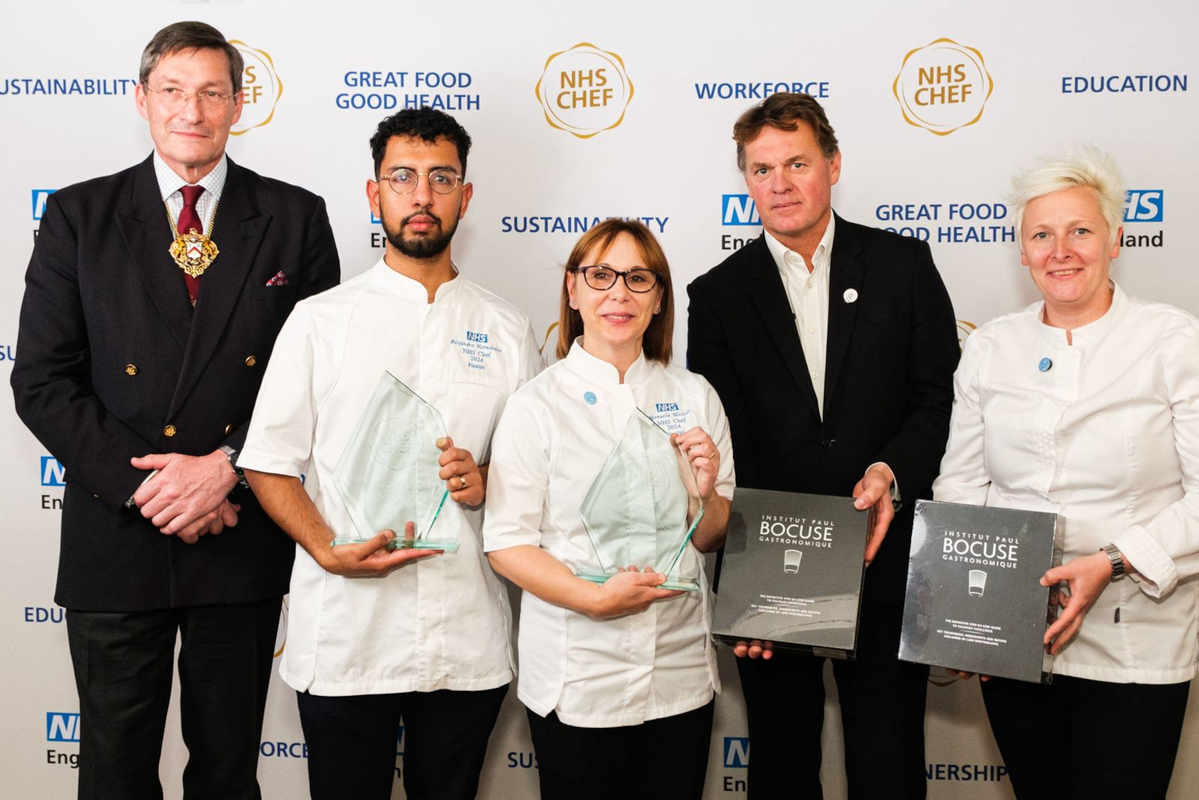NHS England publishes standards to ensure better hospital food on the menu
The NHS has implemented eight new National Standards of Hospital Food for patients, staff, and visitors under its latest NHS Standard Contract, published this week.
The NHS is one of the largest providers of food and drink services in the country, serving over 199 million meals per year. Under the new contract all organisations subject to it will be required to deliver against the following standards, which build on work that is already underway across the country:
Organisations must have a designated board director responsible for food (nutrition and safety) and report on compliance with the Healthcare Food and Drink Standards at board level as a standing agenda item.
Organisations must have a Food and Drink Strategy.
Organisations must ensure that they have access to appropriate catering dietetic advice and support.
Organisations must have a nominated food safety specialist.
Organisations must invest in a high calibre workforce, improved staffing and recognise the complex knowledge and skills required by chefs and food service teams in the provision of safe food and drink services.
Organisations must be able to demonstrate that they have an established training matrix and a learning and development programme for all staff involved in healthcare food and drink services
Organisations must put steps into place to monitor their food waste, manage any waste produced and take action to reduce the food waste produce for plate waste, production waste and unserved food.
Organisations must have suitable food and drink solutions for all staff over a 24/7 service period.
For patients and staff these standards mean that NHS staff and patients will be able to access nutritious food and drink at any time of day and night, every day of the week. All NHS organisations will have access to dietetic expertise to better support patient recovery and general health.
The standards also include measures to ensure the quality, safety and sustainability of food provision, and reduction of food waste, to patients, staff and visitors across acute, mental health and community settings.
Sixty per cent of NHS trusts in England are already compliant with the standards or in a good position to be. Two examples already include East Lancashire Hospitals (ELHT) NHS Trust, which has implemented fresh cook patient and staff menus with 24/7 facilities. A team of chefs from ELHT won the first NHS Chef 2021 competition, showing the high standards of food available at the trust.
Western Sussex Hospitals NHS Foundation Trust has built a central production kitchen, which prepares 3,000 meals each day for patients across their sites. The state-of-the-art kitchen means the trust’s chefs can prepare and store fresh meals in a safe and efficient way, reducing food waste and getting great feedback from patients.
Phil Shelley, chair of the NHS Review of Hospital Food and Emma Brookes, head of soft facilities management strategy & operations with the estates and facilities team at NHS England alongside Prue Leith were integral to many of the recommendations to be implemented in the new standards.

















